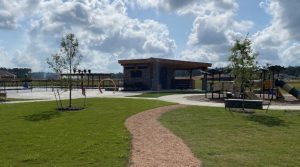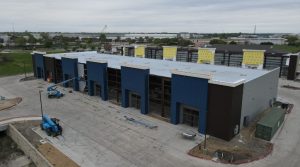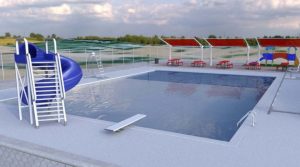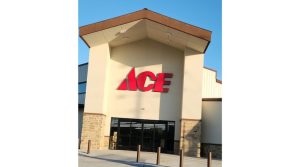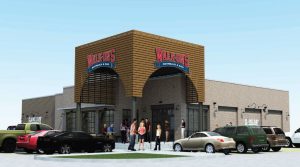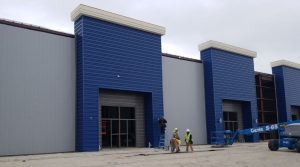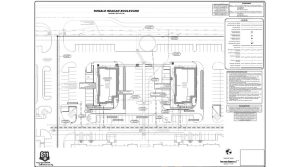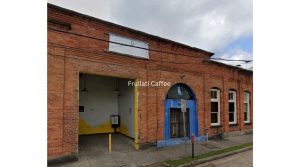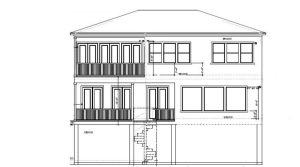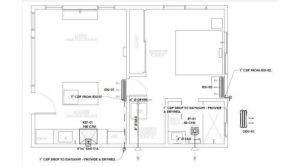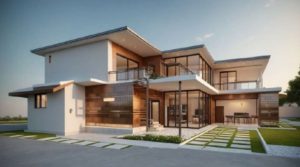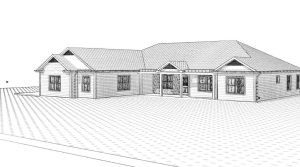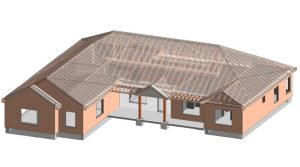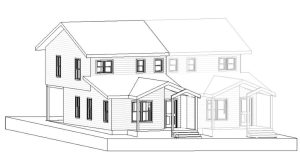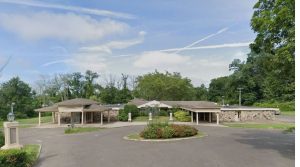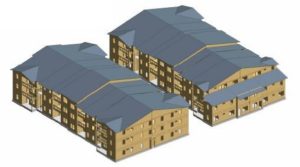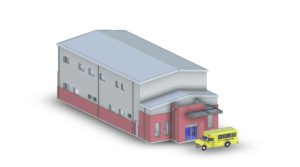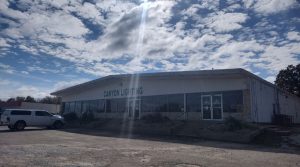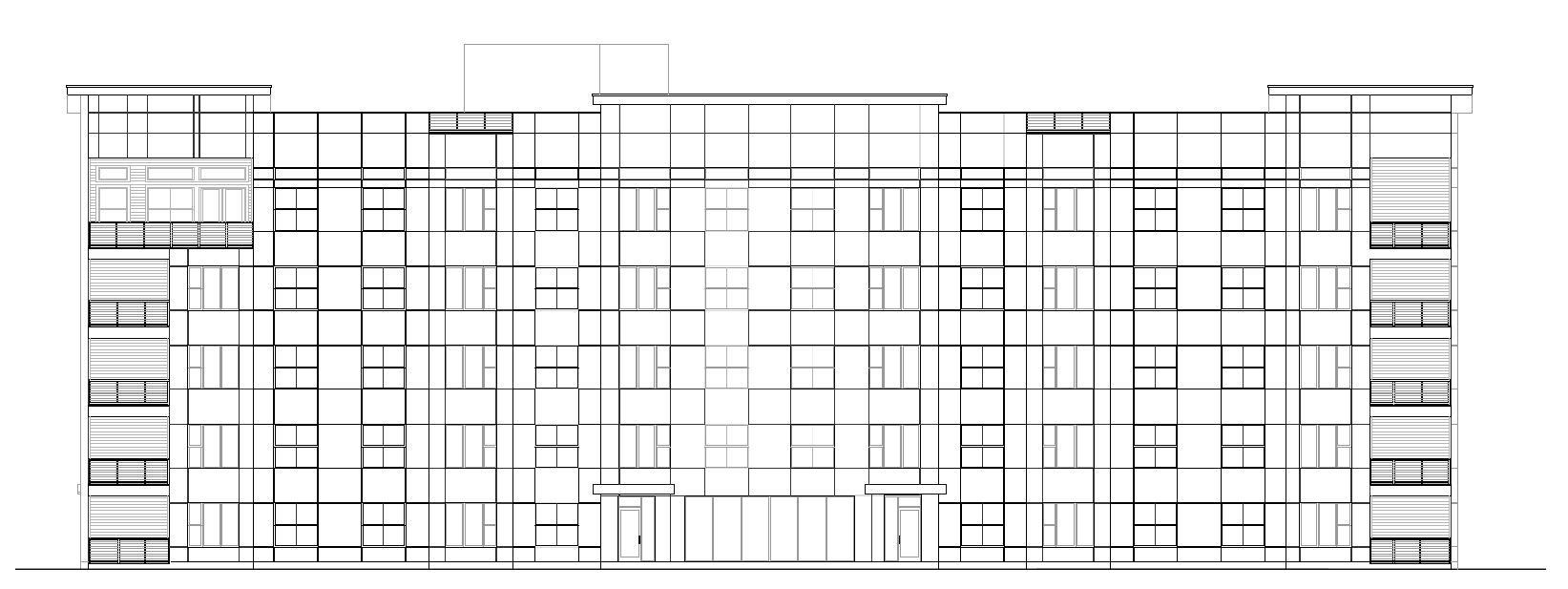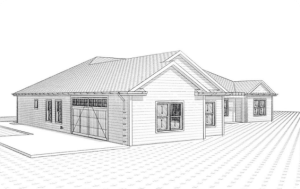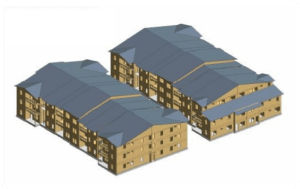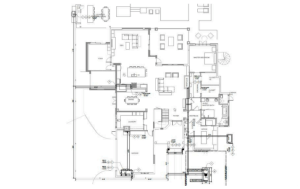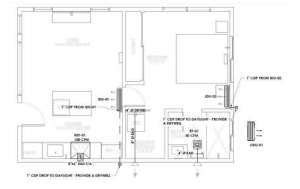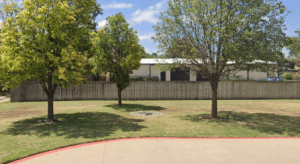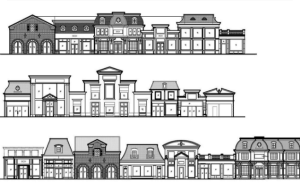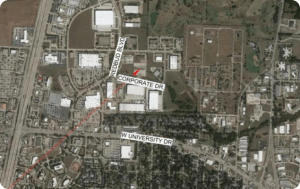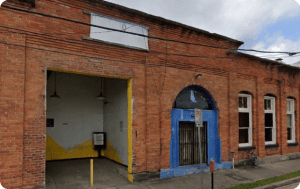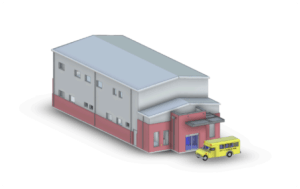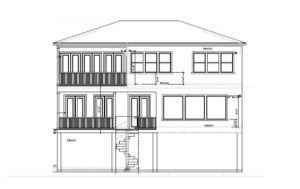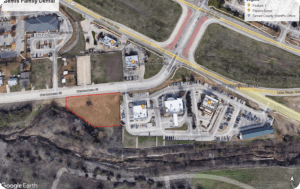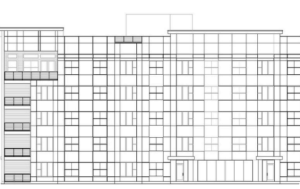The Importance of Water Conservation in MEP Design for Florida
Water conservation is becoming increasingly critical in a world where environmental concerns are at the forefront of global conversations. In Florida, the need to manage and conserve water is especially pressing due to the state’s unique climate, frequent droughts, and the constant demand on its water resources. For those in the construction and building industries, the role of Mechanical, Electrical, and Plumbing (MEP) design is vital when considering how best to implement water-saving solutions. By focusing on water conservation within MEP systems, Florida can contribute to environmental sustainability while helping property owners lower operational costs.
In this blog post, we’ll explore why water conservation is important in MEP design, the challenges Florida faces in water management, and effective strategies for improving water use in buildings.
Understanding the Role of MEP Design in Water Conservation
MEP design refers to the planning and integration of mechanical, electrical, and plumbing systems in a building. These systems are fundamental for a building’s functionality, including heating, ventilation, air conditioning (HVAC), lighting, electrical distribution, and plumbing. Water conservation within MEP design is crucial for minimizing the amount of water a building uses while maintaining comfort, health, and operational efficiency.
For Florida, a state with a subtropical to tropical climate, water is a valuable resource. Despite being surrounded by water, the state has faced challenges related to water availability, especially in certain regions where droughts and population growth put significant pressure on water resources. By focusing on water conservation through thoughtful MEP design, buildings can become part of the solution rather than part of the problem.
Challenges Florida Faces in Water Management
Florida’s unique weather patterns and the increasing demands placed on its water supply create significant challenges in managing water effectively. Here are some of the key issues:
- Water Scarcity: In many regions of Florida, there is a growing concern about water scarcity. Prolonged droughts and overuse of groundwater are depleting the state’s aquifers, the primary source of fresh water for both drinking and irrigation.
- Population Growth: Florida’s population continues to increase, which places more strain on water resources. As urban areas expand, the demand for water in residential, commercial, and industrial settings continues to rise.
- Environmental Preservation: Florida is home to many sensitive ecosystems, such as the Everglades, that rely on a delicate balance of freshwater and saltwater. Overuse of water can lead to contamination and ecosystem damage, making conservation an urgent need.
- Aging Infrastructure: Some areas of Florida still rely on outdated water systems that waste significant amounts of water through leaks and inefficiency. Modern MEP systems can help mitigate these issues by integrating water-saving technologies.
Water Conservation Strategies in MEP Design
With these challenges in mind, it’s clear that MEP design plays an essential role in promoting water conservation. Here are several strategies that can be implemented to reduce water usage in buildings:
1. Low-Flow Fixtures and Appliances
One of the most straightforward ways to conserve water is by installing low-flow plumbing fixtures and appliances. Low-flow toilets, faucets, and showerheads are designed to use significantly less water while maintaining the same performance. These fixtures can reduce a building’s overall water consumption by up to 50%, which translates to substantial savings on water bills and less strain on the local water supply.
2. Greywater Systems
Greywater refers to wastewater from sources like sinks, showers, and washing machines, which is typically disposed of as wastewater. However, greywater can be filtered and reused for non-potable purposes such as irrigation or cooling systems. Integrating greywater systems into an MEP design can drastically reduce the need for fresh potable water in landscape irrigation, which is one of the biggest uses of water in Florida.
3. Rainwater Harvesting
Given Florida’s frequent rainfall, rainwater harvesting is a highly effective strategy for water conservation. MEP designers can incorporate systems that capture and store rainwater for later use. This water can be used for irrigation, cooling systems, or even to flush toilets, further reducing the building’s reliance on municipal water sources.
4. Water-Efficient Landscaping
Landscape irrigation is another significant source of water consumption in Florida’s buildings. MEP systems can be integrated with water-efficient irrigation systems that use smart controllers to adjust watering schedules based on weather conditions. These systems ensure that landscapes receive the right amount of water at the right time, reducing waste and conserving water.
5. Smart Plumbing Systems
Advancements in smart technology have led to the creation of smart plumbing systems that can monitor water usage in real time. These systems can detect leaks, track water consumption, and automatically adjust settings to optimize efficiency. Incorporating these systems into MEP designs can help prevent water waste and improve the overall sustainability of a building.
6. Cooling Tower Optimization
For large commercial or industrial buildings, cooling towers are a significant source of water use. MEP engineers can design cooling systems that optimize water use by implementing measures such as evaporative cooling, closed-loop systems, and water treatment techniques to minimize water wastage.
Why Water Conservation is Crucial in Florida’s MEP Design
Water conservation in MEP design is not just a luxury; it’s a necessity. As Florida continues to grow, the demand for water will only increase, making it even more important to adopt sustainable practices in building design. By integrating water-saving features into MEP systems, builders and property owners can ensure that they contribute to preserving Florida’s precious water resources while also benefiting from lower water costs.
Moreover, green building certifications, such as LEED (Leadership in Energy and Environmental Design), reward water-efficient designs, making water conservation an important aspect of achieving these certifications. Properties with energy-efficient and water-conserving features also have higher market value, making them more attractive to environmentally-conscious tenants and buyers.
Summary
Water conservation is crucial in MEP design, especially in Florida, due to climate, population growth, and environmental concerns. Strategies like low-flow fixtures, greywater systems, and smart plumbing reduce water use while enhancing efficiency and sustainability. These efforts support Florida’s conservation goals, benefit property owners financially, and protect long-term environmental health. Water conservation in MEP design is essential and a fundamental part of responsible building practices in Florida.
visit : https://gdiengdesign.com/gdiengdesign-mep-fl/
Learn more: https://www.cfwiwater.com/waterconservation.html


